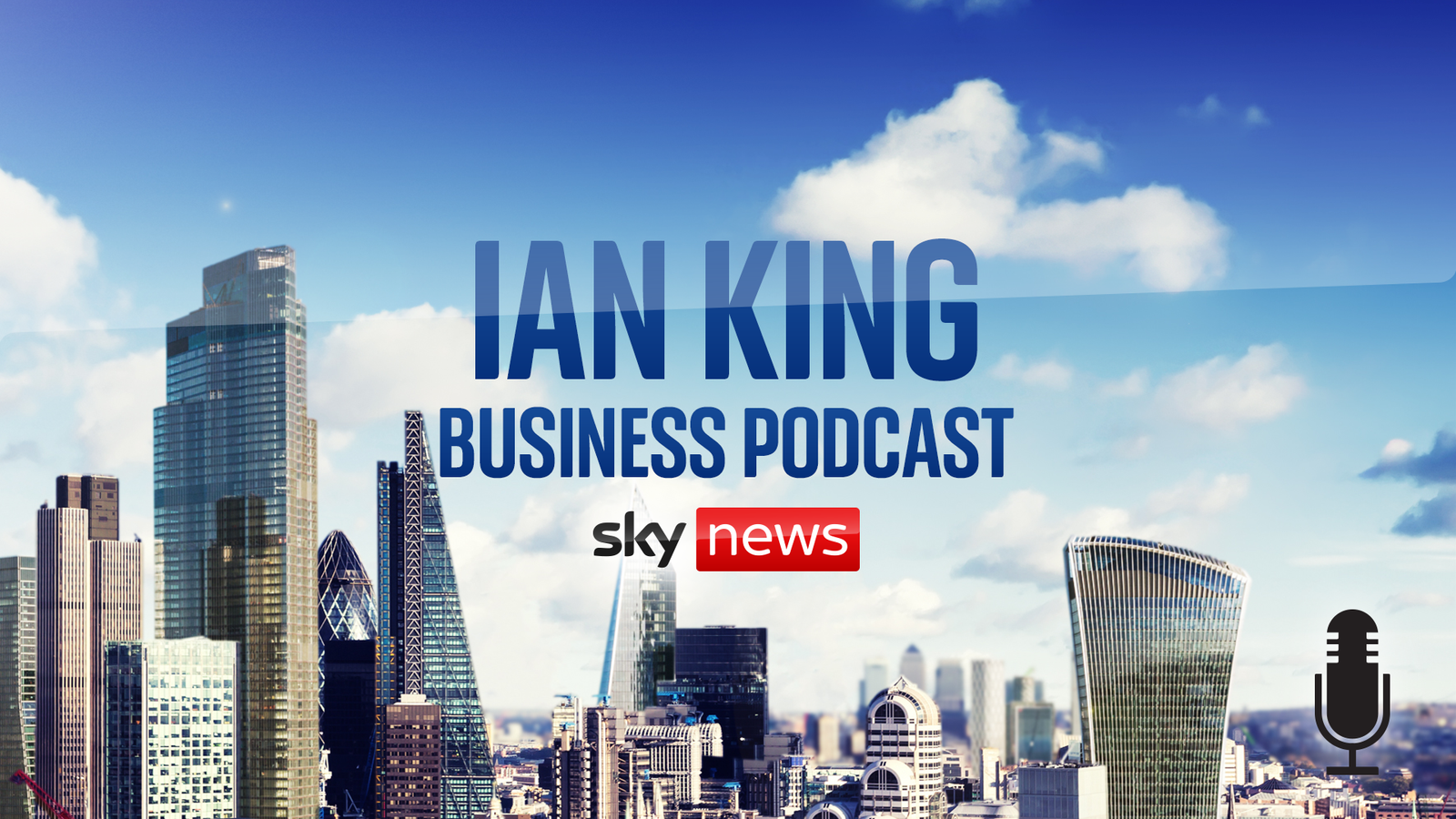With the rise of central Bank digital currency (CBDC) emerging and proving a notable use case, several central banks across the globe have been pressured into a race to work and experiment with developing their a central bank digital currency (CBDC). On Tuesday, Bank of England Deputy Governor Jon Cunliffe said Britain is competing in the CBDC race.
This update comes months after the region announced its newly elected prime minister, Rishi Sunak, who is said to be a believer and supporter of the crypto industry. So far, Sunak has demonstrated more interest in stablecoins which has also played a massive role in Britain’s push for a digital pound.
Britain Competes In CBDC Race
In a Tuesday financial stability report at the Bank of England, the Deputy Governor for this financial institution Jon Cunliffe was asked several questions about the upcoming Britain digital pound launch. When the Treasury Select Committee lawmakers questioned the delayed public consultation of the digital pound, Cunliffe assured the organization that Britain is not lagging and is working on its own CBDC.
Cunliffe stated, “I don’t think we are behind other advanced economies.” Notably, the race for CBDC has heated ever since the private sector rushed launched and succeeded in capturing the public’s attention and adoption with stablecoins.
According to leading financial industry officials, Britain’s digital pound would help the country improve and implement the latest payment advances and help London become a “competitive” global financial center. Cunliffe noted, “This could have huge benefits for the economy and the society.”
Digital Pound Consultation Delayed Due To “Disruptions”
Veering back to Britain’s digital pound CBDC public consultation expected to release last autumn, the lawmakers asked the deputy governor if a disagreement could be behind the delay. Cunliffe replied that there were no disagreements between the Bank and the finance ministry, but the consultation was delayed because of disruptions.
After the mishandled budget by the government, which resulted in a plummet in the UK government bond price, the Bank intervened in the markets in September, disturbing its consultation plans.
When asked if the plans for the digital pound would proceed, Cunliffe replied, “It’s more likely than not.” Furthermore, the lawmakers asked the deputy governor about the CBDC launch race. Cunliffe said:
This is not about here is a particular thing that needs to be done, but about opening a new frontier for people to improve payments.
According to Cunliffe, there is a need to watch closely how technology trends and the economy develop over the next few years before considering whether a digital pound would be “technically feasible.”
Cunliffe added that the issue is to reassure many with confidence in a regulated digital currency so they would not “confuse the digital pound with the cryptocurrency Wild West ecosystem out there,” according to Reuters.
Speaking of cryptocurrencies, the global market cap has significantly moved since the beginning of the year. It sits at $1.1 trillion, up by nearly 10% from the $850 billion seen late last year. Crypto assets such as Bitcoin and Ethereum have increased more than 40% since the beginning of 2023.






